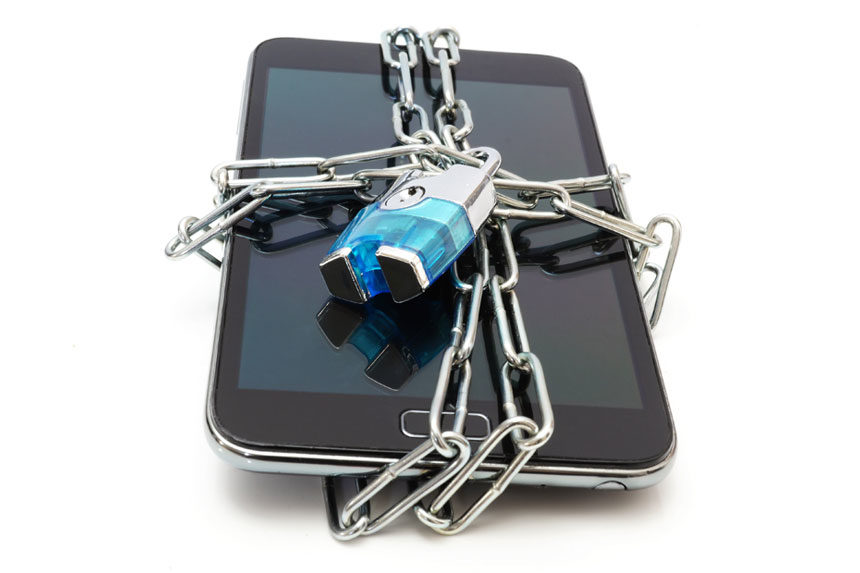Steve Weisman is a lawyer, college professor, author, and one of the country’s leading experts in cybersecurity, identity theft, and scams. See Steve’s other Con Watch articles.
Once upon a time, not that very long ago, phones were just phones. You spoke to people on your phone and that was it. If someone had your phone number, the worst thing that could happen to you was that you would receive crank calls.
But that has all changed.
Now we use our cell phones for just about everything: text messaging, accessing social media, sending emails, making online purchases, banking, and even, in some instances, talking to people. This makes your phone number a desirable target for crooks.
When a criminal knows your cell phone number, they can leverage that number through commonly available legal databases such as White Pages Premium and learn information such as your current address, past addresses, the names of your family members, and more. They can often use the information to guess passwords or answer security questions that would allow them to do a SIM swap, where your phone number is transferred to the criminal’s phone, defeating security measures like dual factor authentication.
Armed with your cell phone number, identity thieves and scammers can send you phishing text messages that can lure you into providing personal information or clicking on links that download malware. Even if you are using the most up-to-date security software on your cell phone, you are still vulnerable new vulnerabilities that have not yet been discovered by security companies.
Tips to Protect Yourself
- Limit providing your cell phone number to people and companies as much as possible. The more companies that have your cell phone number, the more vulnerable you are to having that information fall into the hands of a criminal if the company suffers a data breach. Even worse is the fact that many companies will sell your cell phone number to marketers and others.
- Consider getting a second phone to use for sensitive personal or financial matters. You also can use apps such as Google Voice or Burner that will enable you to create different numbers.
- Whenever it is available, use dual factor authentication.
- The best thing you can do to protect your cell phone is to set up a PIN or password to be used for access to your mobile service provider account. This will help prevent a criminal from calling your carrier posing as you and convincing your mobile carrier to swap your SIM card to their phone.
- You may wish to consider other forms of dual factor authentication. There are apps that will generate temporary security codes such as Authy or Google Authenticator.
- Never click on a link unless you have absolutely confirmed that it is legitimate. The risk of downloading malware is too great. Even if you subscribe to text messages from your bank, for example, never click on links that appear to come from them. Either call them or go to their main website.
Featured image: Shutterstock
Become a Saturday Evening Post member and enjoy unlimited access. Subscribe now




Comments
Once upon a time, not that very long ago, phones were just phones.
As little as feasible, provide your cell phone number to individuals and businesses. If a company suffers a data breach, your cell phone number is more likely to come into the hands of a criminal the more businesses that hold your number. Very interesting!
This is sound counsel, Steve; yet, at this point in time, it is pretty much pointless. According to an old proverb, this action is like to locking the barn door LONG after the horse has already run away and will never be found again. Stop utilizing your mobile phone for all of the transactions that you have mentioned above; this is a fantastic suggestion I have for you.
This is good advice Steve, but is all pretty futile at this late date. As the saying goes, it’s closing the barn door LONG after the horse has escaped, never to be seen again. Here’s a great idea I suggest: stop using the cell phone for all the transactions you mention above, and use (preferably) a desktop/laptop computer for those.
“Oh Bob, that’s limiting and old-fashioned. I can do all that on my phone!” “Of course you can; and risk all KINDS of new-fashioned problems being an easy mark for the criminals lying in wait. Hope you have plenty of time and money to try and undo the damage, maybe. Good luck, and don’t forget the Excedrin.”